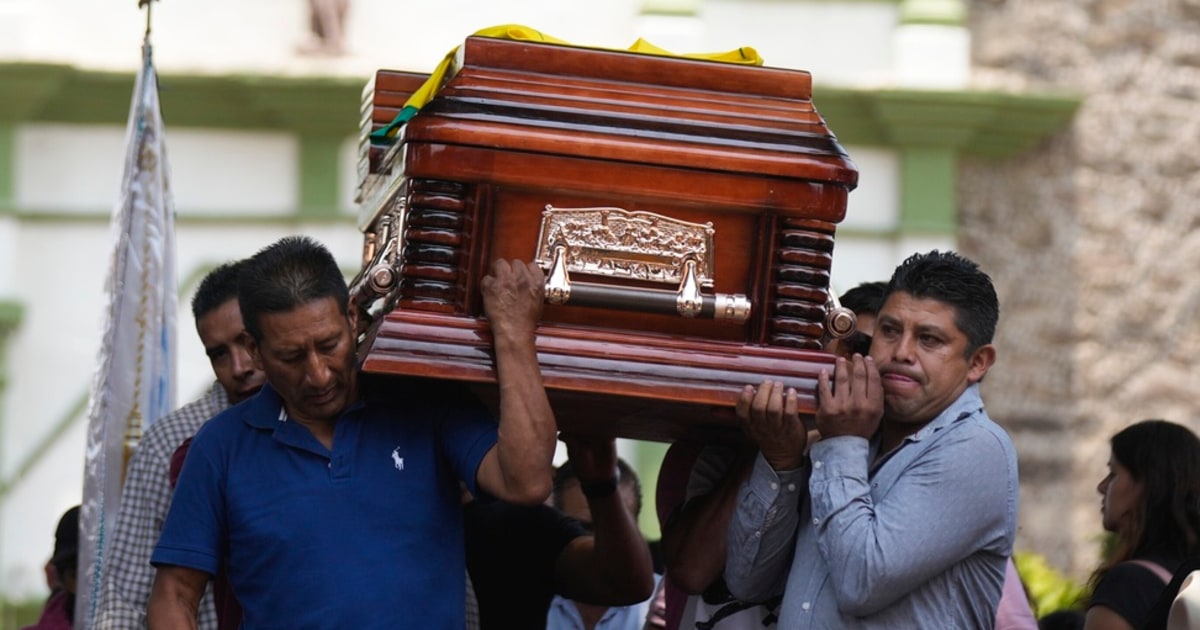Mexico's drug cartels and criminal gangs are playing a significant role in the upcoming elections, which include the presidency, nine governorships, and around 19,000 local offices. Powerful drug trafficking organizations have historically assassinated mayors and other local candidates who jeopardize their control.
Typically, Mexican gangs have focused on local influence, controlling police departments and municipal budgets. However, national politics have increasingly caught their attention, with violent actions targeting campaign rallies, burning ballots, and hindering ballot installation. Some groups even display banners to sway voters.
Security analyst David Saucedo believes that some drug gangs will mobilize their loyal voter bases, earned through distributing food, cash, medicines, and infrastructure. Attacks have created an intimidating atmosphere, and increased violence aims to control electoral outcomes. This manipulation includes preventing rival gang-controlled areas from voting and forcibly backing 'drug candidates'.
Violence has surged in regions like Chiapas, where the Jalisco and Sinaloa cartels dominate. On May 14, armed men related to a drug cartel killed 11 people in Chicomuselo. Days later, five were killed, including a mayoral candidate, during an attack in La Concordia, Chiapas. Such violence is not isolated, with 31 candidates, mostly for mayoral posts, murdered this year. As voting day approaches, violence has spiked, causing widespread fear.
In Guerrero, a mayoral candidate was executed on camera, while in Michoacán and Guanajuato, shootings at rallies have led to casualties. This uptick in violence illustrates a desperate strategy by some gangs to ensure the success of their preferred candidates. Such attempts to manipulate local politics, once confined to violent states like Tamaulipas, are spreading nationwide.
The National Electoral Institute has had to cancel plans to install 170 voting centers, mainly in Chiapas and Michoacán, due to security concerns. Although a small fraction of the 170,858 voting centers, this trend is alarming. Incidents in Nuevo Laredo and Morelos reflect cartels' attempts to influence and intimidate voters through propaganda and threats.
This tactic of eliminating strong opposition candidates to favor affiliated ones is proving more complex and widespread. In Maravatío, Michoacán, three mayoral candidates were killed, likely revealing gang preferences. These violent intrusions severely disrupt the democratic process, as 99 million voters, including 15 million first-time young voters, head to the polls this Sunday.
- Between September 2023 and May 2024, 36 candidates or potential candidates have been assassinated in Mexico, contributing to the already high number of annual violent deaths and disappearances. The federal elections concluding this Sunday, June 2, witness 99 million voters partaking, as per official figures.






